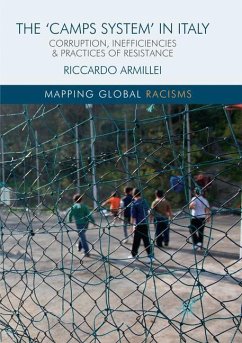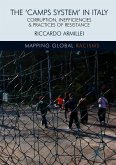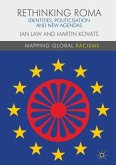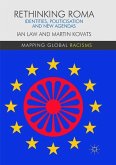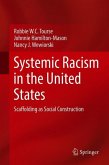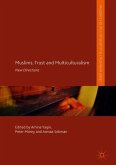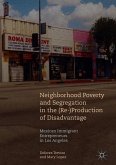This book deals with the social exclusion of Romanies ('Gypsies') in Italy. Based on interviews with Romani individuals, institutional and Civil Society Organisations' (CSOs) representatives, participant observation and a broad range of secondary sources, the volume focuses on the conditions of those living in Rome's urban slums and on the recent implementation of the so-called 'Emergenza Nomadi' (Nomad Emergency). The enactment of this extraordinary measure concealed the existence of a long-established institutional tradition of racism and control directed at Romanies. It was not the result of a sudden, unexpected situation which required an immediate action, as the declaration of an 'emergency' might imply, but rather of a precise government strategy. By providing an investigation into the interactions between Romanies, local institutions and CSOs, this book will deliver a new perspective on the Romani issue by arguing that the 'camp' is not only a tool for institutional control and segregation, but also for 'resistance', as well as a huge business in which everyone plays their part.

